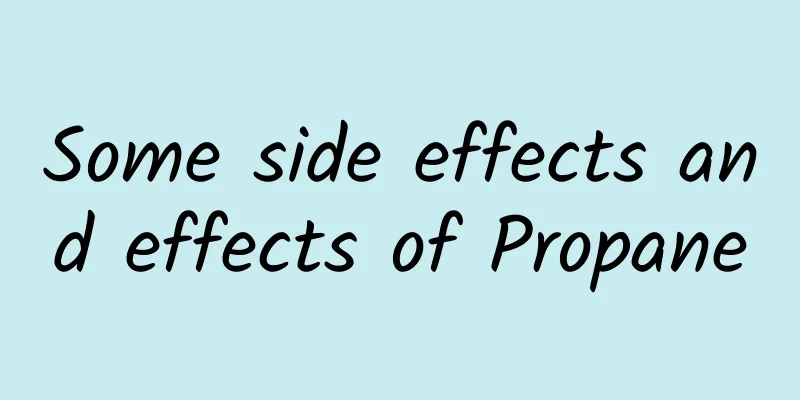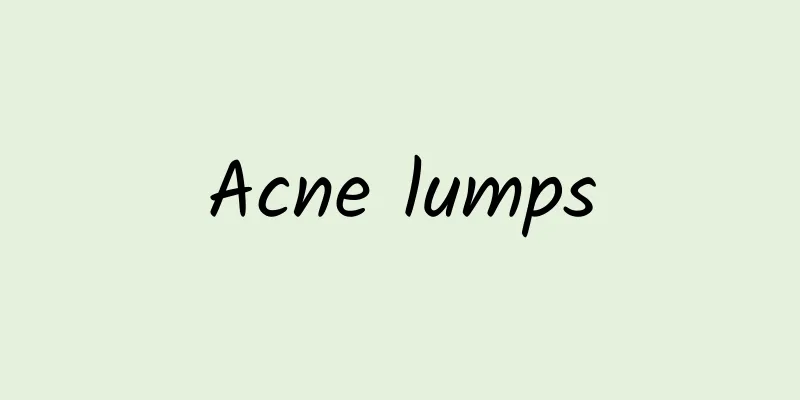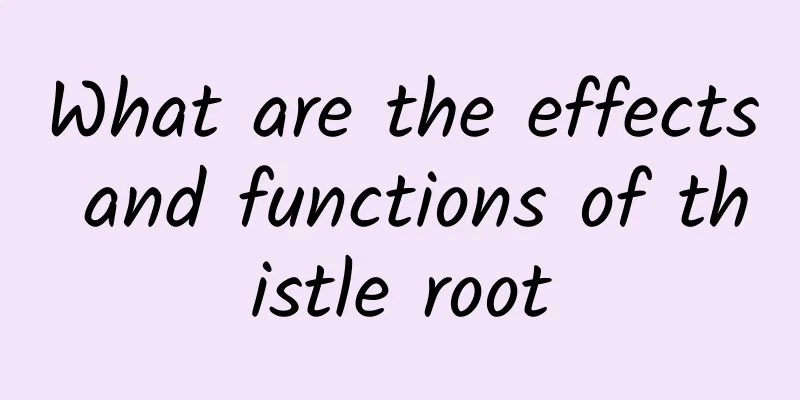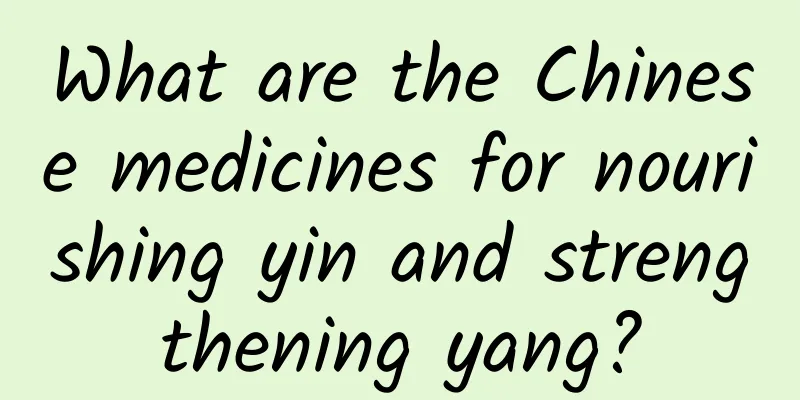Alveolar bone exposure

|
The exposure of the alveolar bone is mainly caused by the removal of wisdom teeth. Generally speaking, it can be well recovered after a certain period of time. During the recovery period, you must prevent infection and avoid eating hard foods. In addition, if there is a gingival defect at the gum margin, it will be difficult to recover. When you need to extract a tooth, you must understand some taboos to avoid harm to your health due to tooth extraction. Tooth extraction contraindications and precautions 1. Pregnant women should avoid tooth extraction Tooth extraction in pregnant women who are 3 months pregnant can cause miscarriage, and tooth extraction in pregnant women who are 8 months pregnant can cause premature birth. It is best to treat it when the fetus is stable in the second trimester. People with habitual miscarriage are prohibited from having their teeth extracted. 2. Patients with blood diseases should avoid tooth extraction If patients with leukemia, aplastic anemia, pernicious anemia, hemophilia, or idiopathic thrombocytopenic purpura undergo tooth extraction, severe bleeding and life-threatening consequences may occur due to the lack of coagulation factors and coagulation dysfunction. 3. Attention to patients with diabetes Because resistance to bacteria is generally reduced, tooth extraction can easily lead to various infections, which can aggravate the condition. You must communicate truthfully with your doctor in advance. 4. Attention to patients with heart disease Due to the fear of tooth extraction and the nervousness during the extraction, coupled with the traction and pain stimulation during the extraction, the patient may suffer a cardiovascular accident and sudden death at any time. It is necessary to communicate truthfully with the doctor in advance. 5. Patients with cirrhosis and chronic hepatitis should pay attention Because these people often have a tendency to bleed, tooth extraction may cause continuous bleeding, so they must communicate truthfully with the doctor in advance. . 6. Pay attention during acute infectious diseases Acute hepatitis, active pulmonary tuberculosis, measles, hemorrhagic fever and various acute inflammatory conditions, etc. Tooth extraction can easily lead to postoperative infection and spread of inflammation, so tooth extraction should be avoided before the disease is healed. 7. Avoid tooth extraction during menstruation Tooth extraction during menstruation can cause excessive menstrual bleeding, resulting in non-physiological blood loss, and compensatory bleeding in the tooth socket may occur. Generally, the 10th day of the menstrual cycle is the most suitable time. At this time, the wound heals faster and bacterial infection is less likely to occur. 8. If there is an infection or inflammation in the oral cavity, it is necessary to remove the needle after the inflammation is eliminated. In addition, pay attention to the history of drug allergies. 9. Take a proper rest after tooth extraction You can eat after two hours. You cannot brush your teeth or rinse your mouth or spit within 24 hours. If you spit, swallow it. 10. If the bleeding does not stop If you have high fever or severe headache, you need to contact a doctor immediately. |
<<: What to do if your girlfriend has rotten teeth
>>: Is it okay to remove wisdom teeth?
Recommend
The amount and color of implantation bleeding
When a pregnant woman just becomes pregnant, the ...
What causes peeling feet?
Everyone wants their skin to be smooth and firm, ...
Why does eating grapes cause bloating?
Grapes are a very common fruit. Eating grapes reg...
What are the symptoms of low potassium levels?
Low blood potassium can easily lead to hypokalemi...
What is influenza
Speaking of influenza, I believe many people know...
Chinese medicine prescription for dizziness
Even if life and work are very busy, people shoul...
Can moderate fatty liver heal itself?
There are many causes of fatty liver, and whether...
What is abdominal acupuncture?
Traditional Chinese Medicine is a traditional med...
Salicylic Acid Phenol Plaster
Salicylic acid phenol patch is a very common medi...
How to make breast enhancement wine and eggs, you can eat these to enhance your breasts
Fermented rice has a good breast enhancement effe...
What happens if there is a lump next to my labia?
Women's genitals are very susceptible to disea...
What causes tears in the eyes? 3 most common reasons
It is normal for your eyes to shed tears when you...
What is the cause of the chest depression?
Our chest area is very important. It can be said ...
What to do if your wrist or neck is sprained? There is a good way to relieve sprains
In daily life, when we exercise or carry heavy ob...
What should I do if my toenails fall off due to onychomycosis?
Toenails are a part of the body that people pay gr...









